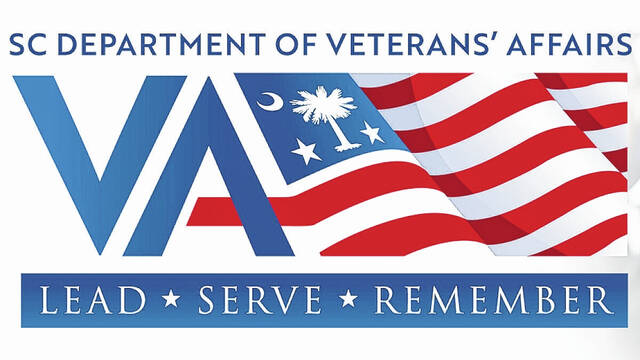This Memorial Day, millions of American families will take a moment to honor the memory of the men and women who lost their lives while serving in the U.S. military.
Unfortunately, outside of this day, countless veterans lose their life after returning home due to mental illness, addiction, drug overdose, or suicide. Too many veterans struggle with these problems without receiving the help they need.
South Carolina has over 390,000 veterans, most of whom are wartime vets. According to the National Survey on Drug Use and Health, over 3.9 million veterans have a substance use disorder or mental illness.
Additionally, substance use disorders significantly increase suicidality among veterans ages 18 and older. Suicidal thoughts and behaviors are also common among veterans ages 18 to 49.
“Too many veterans are not reached in time and succumb to their addiction or suicide ideation; early intervention saves lives,” said Michael Leach of Addicted.org.
Many causative factors lead veterans to become addicted to drugs or alcohol. It’s common for veterans to struggle to adjust to civilian life. They may face financial hardships, difficulties finding employment or accessing benefits.
Veterans are at an increased risk of developing mental and emotional health concerns. This can be compounded with physical injuries or chronic pain. Untreated trauma, for example, can impact all aspects of life. Drugs and alcohol are used to cope with pain or trauma.
There can also be barriers to treatment, such as cost or health insurance gaps. Stigma regarding addiction and mental illness is still prominent. Inadequate funding and limited access are also common problems.
Outside of the usual help provided by the U.S. Department of Veterans Affairs and the VA facility locator, other resources include:
· Veterans Affairs – South Carolina provides various services for veterans and their families;
· Helpful hotlines include the Veterans Crisis Line, 1-800-273-8255, and the Lifeline for Vets, 1-888-777-4443;
· SAMHSA has a treatment facility locator where veterans can find specific resources for substance use treatment.
Families also play a significant role in supporting their loved ones addicted to drugs or alcohol. It’s ok to express concern and speak to them openly and honestly about their addiction. Help them find treatment. Be patient and show compassion for what they are going through.
Veronica Raussin is a Community Outreach Coordinator for Addicted.org, passionate about spreading awareness of the risks and dangers of alcohol and drug use.

